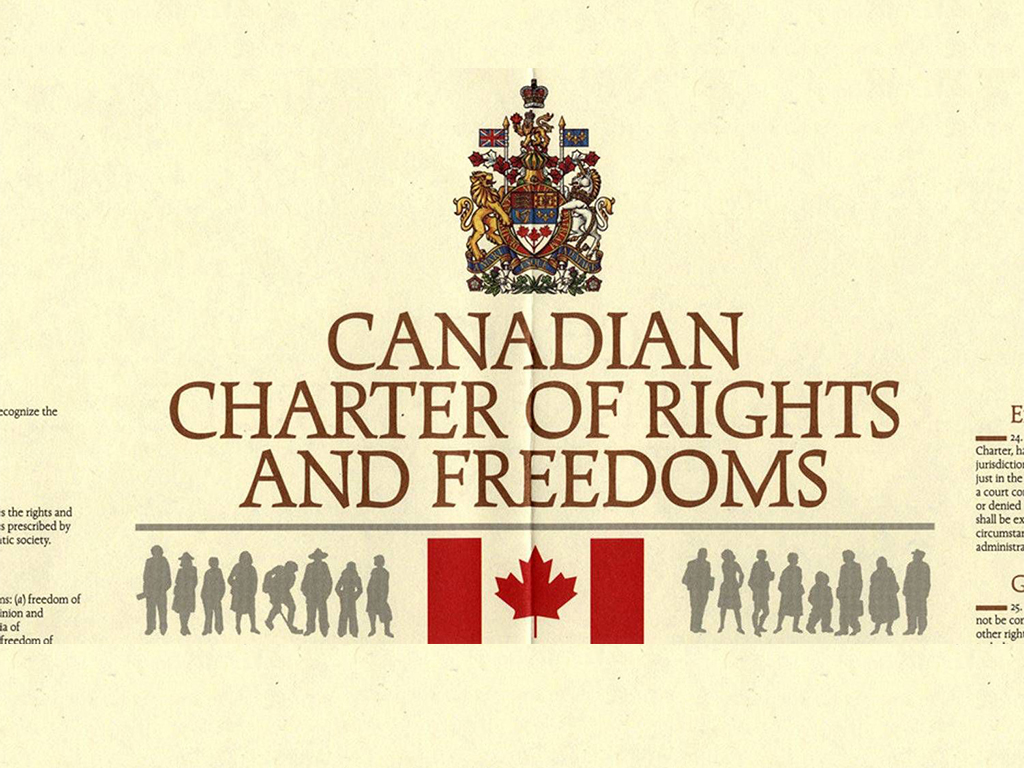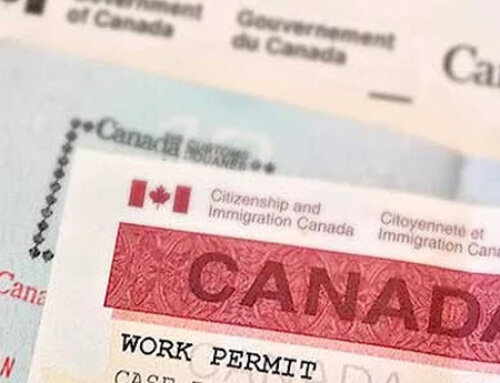What Are Your Rights Under Section 10 (b)?
The Canadian Charter of Rights and Freedoms has significantly changed the Canadian legal landscape especially in the area of criminal law. The Charter enshrines our most fundamental rights available to us as individuals, one of those rights– access to counsel, is arguably the most important. It is essential for an individual to contact a lawyer for advice should they be subject to a detention.
________________________________________
The right to counsel is enshrined in Section 10 (b) of the Charter:
- Everyone has the right on detention
*******
- b) to retain and instruct counsel without delay and to be informed of that right.
________________________________________
Why is section 10 (b) so important?
When one finds themselves in the midst of a criminal investigation or arrest by the police, section 10(b) is essential to put the detained individual on an equal footing with a free individual.
A person not detained or arrested by the police has the power to consult a lawyer at any time and similarly has the right to say nothing in response to the questioning. An individual must contact a lawyer to understand the gravity of a criminal charge and the effect of the coercive power of the state on their life.
Access to counsel is the first and most important step to defending yourself against a criminal charge and ensuring that your constitutional rights are protected.
What constitutes a “detention” for the purposes of section 10 (b)?
Not only a could detention be a physical constraint such as being handcuffed but could also be a “phycological detention.” What constitutes a “phycological detention” is highly contextual and determination must be made based on the specific facts of the case.
Chief Justice Lamer in R v. Prosper [1994] S.C.J at para 40 summarizes the concept of detention as follows:
“…detention involves some form of coercion or compulsion by the state which results in a depravation of liberty. The physical constraint (or the psychological perception of such constraint) which exist upon detention means that an individual loses his or her freedom of movement and, potentially at least, his or her access to services, including legal assistance in the wider community.”
Right to Counsel “Without Delay”
The police have announcement requirements and an obligation to inform a detainee of the rights without delay. The announcement obligation is essential as it acts as a means not to limit police powers, but to even the playing field between a “savvy” detainee and the “non savvy” detainee.
Once the police comply their obligations the detainee can choose to speak to counsel or choose not to do so. The police must immediately inform them of their right to counsel as soon as the detention arises.
Constitutional Exception to Right to Counsel
The right to counsel is not absolute and is subject to reasonable limits that are prescribed by law in a free and democratic society. In scenarios such as Highway Traffic Act matters or the authority of the police to check sobriety of drivers, right to counsel is generally suspended as a reasonable limit under section 1 of the charter.
The duty of the police to hold off from attempting to elicit incriminatory evidence until full compliance with section 10(b)
Once a detainee informs the police that they wish to exercise their right to counsel, the police must provide the detainee with a reasonable opportunity to do so and refrain from eliciting incriminatory evidence from the detainee until they have a reasonable opportunity to reach counsel of their choice.
A purported investigative urgency cannot justify failing to hold off questioning or otherwise having the detainee incriminate themself.
Any breach of 10 (b) by the police will have significate impact on the detainee’s right to remain silent. An officer’s failure to comply with this long-standing obligation is serious and will warrant exclusion of evidence.
If you need a criminal lawyer, contact us today!






Leave A Comment